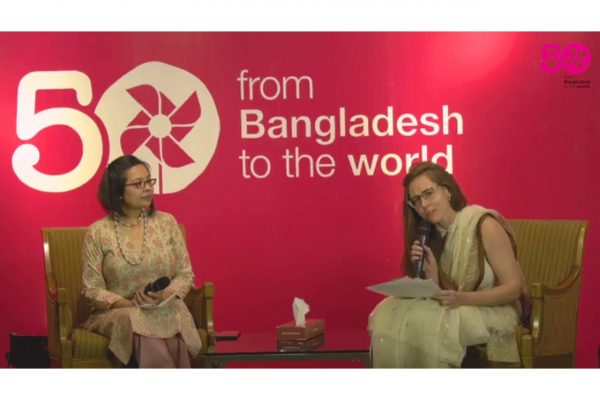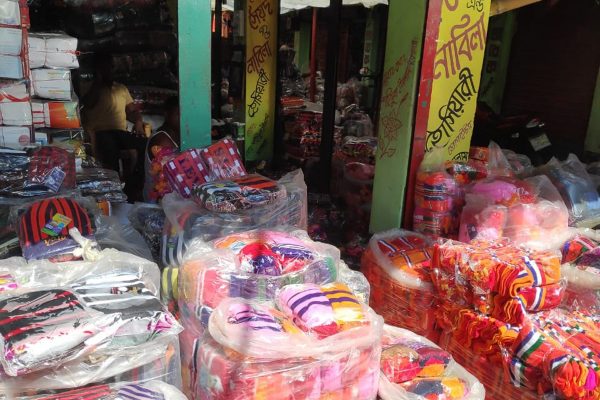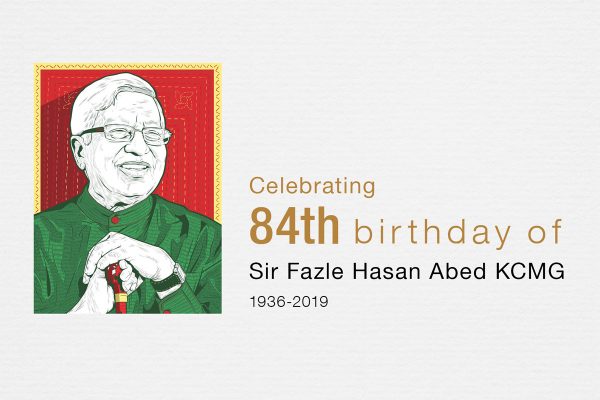Graduating the poor out of poverty in Ethiopia
Reading Time: 2 minutes
The below article was originally posted by Sandeep Kaur, a Communications Officer at BRAC Development Institute (BDI) on the CGAP-Ford Graduation Program blog.
The below article was originally posted by Sandeep Kaur, a Communications Officer at BRAC Development Institute (BDI) on the CGAP-Ford Graduation Program blog.
Currently, BDI, BRAC USA and The MasterCard Foundation are researching the outcomes of several pilots of the CGAP-Ford Graduation Program, which adapts and replicates BRAC’s Ultra Poor program in seven countries
In recent news, the devastating famine in East Africa has highlighted Ethiopia’s chronic food insecurity and vulnerability to drought. Yet despite the recent food crisis that has affected millions, there is a positive story from Tigray, northern Ethiopia.
The Ethiopia Graduation Pilot was the first of the CGAP- Ford Foundation Graduation Pilots launched in 2010 in the African sub-continent. Implemented by the Relief Society of Tigray (REST) in Northern Ethiopia the program builds upon the Government of Ethiopia’s Productive Safety Net Program (PSNP). Through this pilot, REST is working with 500 of the poorest PSNP beneficiaries.
Program participants have been engaged in cattle fattening, sheep and goat fattening, honey production and petty trade since summer 2010. According to DECSI, the microfinance institutions providing financial services to participants, people are already saving regularly, probably indicating that they are starting to generate income from their small enterprises. REST has also noted that participants’ housing conditions have improved.
Although, impact results from the program are not due out until one year after the pilot’s end, the pilot is eager to share its experience and lessons from implementation. In October 2012, REST, The MasterCard Foundation and BRAC Development Institute (BDI) convened a workshop in Addis Ababa, Ethiopia to bring together donors, policy makers and practitioners working on issues of extreme poverty and food insecurity in Ethiopia.
 |
| Teklewoini Assefa, Director, REST giving the welcome speech at the workshop |
The workshop provided an opportunity for REST to share lessons and discuss important issues with donors, policy makers and practitioners including representatives from The MasterCard Foundation, USAID and CARE Ethiopia to name a few. During the workshop, Dr Mulugeta, REST, gave an overview of the Ethiopia Graduation Pilot. Sana Khan, from IPA, presented on the baseline survey findings, thus painting a detailed picture of extreme poverty in the pilot area. A dynamic exchange followed with questions such as: How do you develop public-private partnerships to build-up markets? What are appropriate financial services in high inflation environments? Are asset transfers always needed or can the poorest make good use of small loans such as tested with the “Household Asset Building Program” and “Productive Safety Net Program Plus”?
In the next two weeks, we will be featuring a new blog series on the Ethiopia Graduation Pilot, with contributions from The MasterCard Foundation, BRAC USA, BDI and others.





